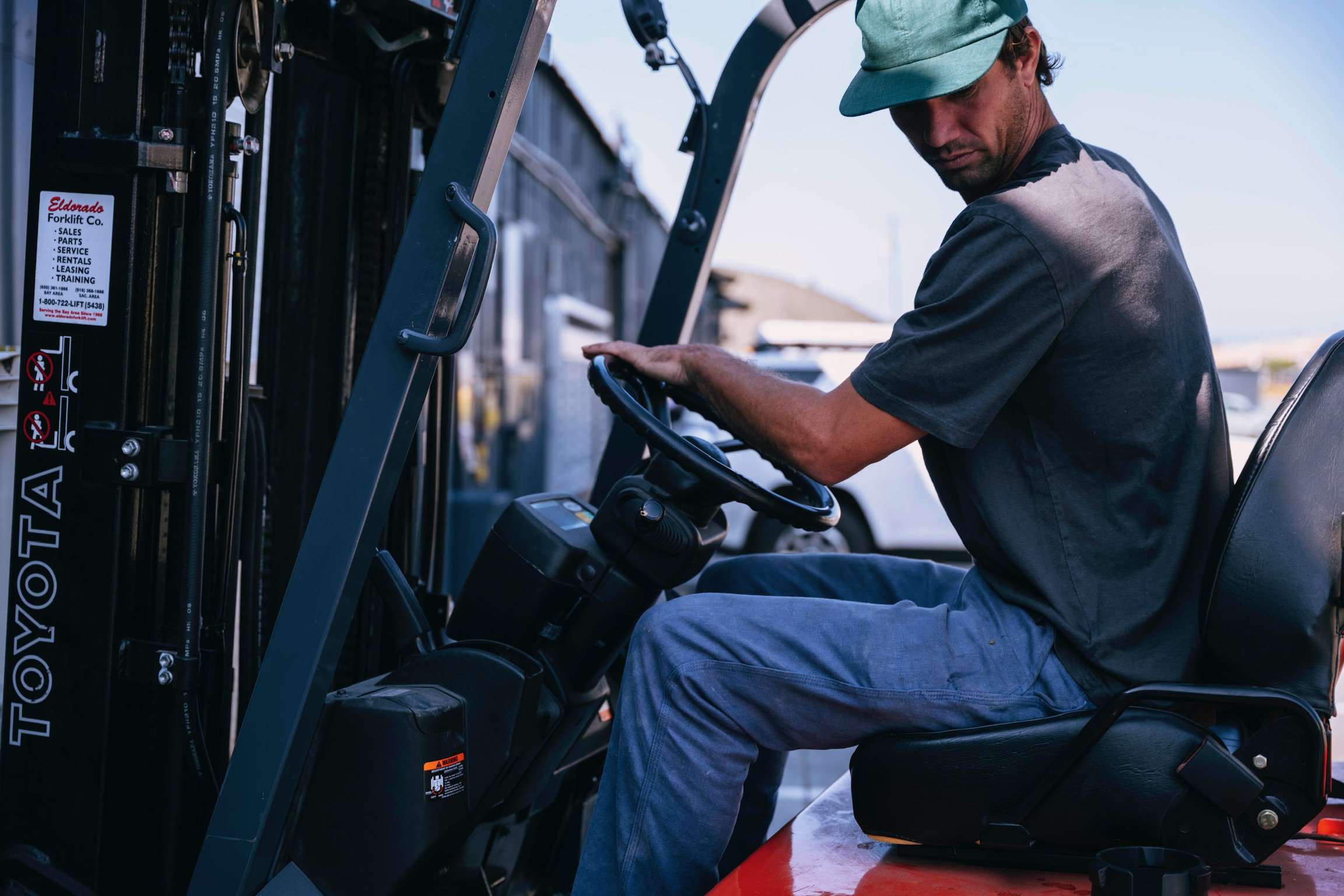
WINEMAKING
We aim to minimally interfere and guide fermentations to show vibrancy.
Although we believe that winemaking begins with quality farming practices, ultimately, the transformation of fruit to wine occurs in the cellar. We begin by finding ripeness based on physiological cues as well as the flavor of the fruit on the vines. All fermentation occur naturally and spontaneously, and we often utilize pied de cuves (or small mother fermentations that begin in the vineyard) to inoculate our fermenters. We find that the natural yeast strains found in the vineyard make fermentations that are slower and more diverse, ultimately showcasing a greater complexity of flavor.
Élevage occurs mostly in neutral or seasoned oak casks. Generally, each wine will be racked once after pressing and once before bottling. Each wine remains in the same cask for the majority of its life. At bottling, the wine will receive a small sulfur addition. Bottled wines are stored in a cool cellar until they are released.
